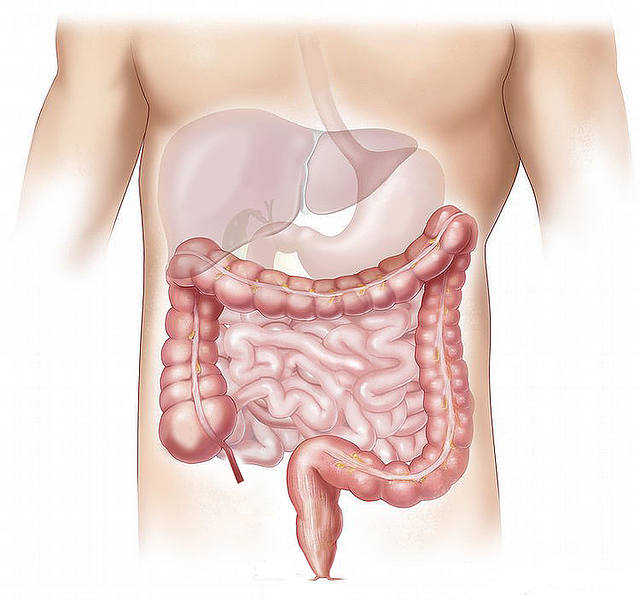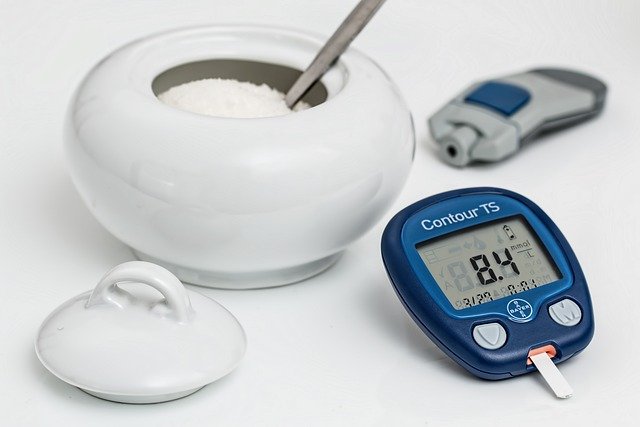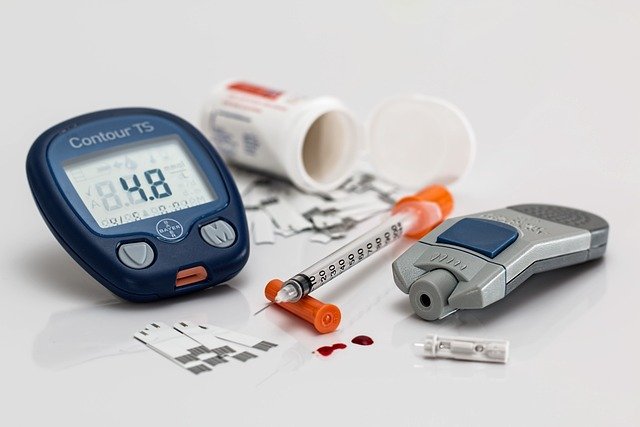Alkaline phosphatase (ALP) is an enzyme found in various tissues throughout the body, with high concentrations in the liver, bile ducts, and bones. It plays a crucial role in the breakdown of proteins and the process of dephosphorylation. Measuring ALP levels is a common part of liver function tests and can provide valuable information about liver and bone health.
Key Points about Alkaline Phosphatase:
- Normal Levels:
- Normal ALP levels can vary depending on age, sex, and the testing method used. Generally, the reference range for adults is approximately 44 to 147 IU/L.
- Elevated ALP Levels:
- Liver Diseases: Conditions such as hepatitis, cirrhosis, liver cancer, or bile duct obstruction can cause elevated ALP levels.
- Bone Disorders: Bone conditions such as Paget’s disease, osteomalacia, or bone tumors can increase ALP levels.
- Other Conditions: Hyperparathyroidism, certain cancers, and infections can also raise ALP levels.
- Low ALP Levels:
- Low levels of ALP can be less common but may indicate conditions such as hypophosphatasia (a rare genetic disorder affecting bone metabolism), malnutrition, or deficiency in certain vitamins and minerals like zinc and magnesium.
- Testing:
- An ALP test is usually performed as part of a routine blood test or when there are symptoms of liver or bone disorders. The test measures the amount of alkaline phosphatase enzyme in the blood.
- Interpreting Results:
- High or low ALP levels should be interpreted in the context of other clinical findings and laboratory results. Additional tests, such as liver function tests (ALT, AST, bilirubin) or bone-specific ALP tests, may be needed to pinpoint the underlying cause of abnormal ALP levels.
When to Test for ALP:
- Symptoms of liver disease (jaundice, abdominal pain, fatigue)
- Symptoms of bone disorders (bone pain, frequent fractures)
- Routine health check-ups
- Monitoring the progress of liver or bone disease treatment
Understanding ALP levels can provide crucial insights into your overall health, particularly concerning liver and bone conditions. If you have concerns about your ALP levels or related symptoms, it is best to consult with a healthcare provider for a comprehensive evaluation and appropriate testing.
10 Foods to Avoid If Alkaline Phosphatase is High
If you have high levels of alkaline phosphatase (ALP), it may indicate issues with your liver or bones. Managing your diet can play a role in supporting your liver and bone health. Here are 10 foods to avoid if your ALP levels are high, along with detailed explanations for each:
1. Alcohol
- Why Avoid: Alcohol is metabolized by the liver and can cause liver damage, which may elevate ALP levels further. It can lead to fatty liver, hepatitis, and cirrhosis, all of which can impair liver function.
- Alternative: Opt for water, herbal teas, or non-alcoholic beverages.
2. Fried Foods
- Why Avoid: Fried foods are high in unhealthy fats and can contribute to liver inflammation and fatty liver disease. They increase oxidative stress and inflammation, which can exacerbate liver problems.
- Alternative: Choose baked, grilled, or steamed foods instead.
3. Sugary Foods and Drinks
- Why Avoid: Excess sugar intake can lead to fatty liver disease and increase the risk of obesity and diabetes, which can worsen liver function. Sugary foods can also contribute to inflammation.
- Alternative: Opt for natural sweeteners like honey or fruits, and choose water or unsweetened beverages.
4. Processed Foods
- Why Avoid: Processed foods often contain unhealthy fats, sugars, and additives that can stress the liver and increase inflammation. They lack essential nutrients that support liver health.
- Alternative: Eat whole, unprocessed foods like fruits, vegetables, whole grains, and lean proteins.
5. Red and Processed Meats
- Why Avoid: Red and processed meats are high in saturated fats, which can contribute to fatty liver disease and inflammation. They can also increase cholesterol levels, putting additional stress on the liver.
- Alternative: Opt for lean proteins such as chicken, fish, beans, and legumes.
6. High-Sodium Foods
- Why Avoid: High sodium intake can lead to fluid retention and increase blood pressure, which can further stress the liver. It can also exacerbate conditions like cirrhosis.
- Alternative: Use herbs and spices for flavoring and choose low-sodium or no-salt-added options.
7. Dairy Products
- Why Avoid: Full-fat dairy products can be high in saturated fats, which can contribute to liver inflammation and fatty liver disease. They can also exacerbate conditions that lead to elevated ALP levels.
- Alternative: Choose low-fat or non-dairy alternatives like almond milk, soy milk, or oat milk.
8. Trans Fats
- Why Avoid: Trans fats, found in many baked goods, snacks, and margarines, can increase inflammation and contribute to liver damage and high cholesterol levels, worsening liver function.
- Alternative: Avoid products with partially hydrogenated oils and choose foods with healthy fats like avocados, nuts, and olive oil.
9. Excessive Iron-Rich Foods
- Why Avoid: While iron is essential, too much can accumulate in the liver and cause damage, especially if you have a condition like hemochromatosis. This can further elevate ALP levels.
- Alternative: Monitor iron intake and consult with a healthcare provider about appropriate iron levels. Focus on balanced nutrition without overloading on iron-rich foods.
10. Highly Spiced Foods
- Why Avoid: Spicy foods can irritate the liver and digestive system, leading to increased inflammation and liver stress. They may also exacerbate symptoms of liver disease.
- Alternative: Use mild spices and herbs for flavoring, and avoid excessively spicy meals.
Additional Tips:
- Stay Hydrated: Drink plenty of water to help your liver function properly.
- Balanced Diet: Focus on a diet rich in fruits, vegetables, whole grains, lean proteins, and healthy fats.
- Consult Healthcare Providers: Always discuss dietary changes with your healthcare provider, especially if you have liver or bone conditions.
By avoiding these foods and adopting a healthier diet, you can help manage your ALP levels and support overall liver and bone health.
FAQs:
Foods rich in antioxidants and anti-inflammatory properties, such as leafy greens, berries, nuts, seeds, and fatty fish, can help support liver and bone health, potentially lowering alkaline phosphatase levels. Including these in a balanced diet may aid in reducing inflammation and improving overall health.
Reducing alkaline phosphatase levels involves addressing the underlying cause, such as liver or bone disease. Maintaining a healthy diet, avoiding alcohol, staying hydrated, and following medical advice are key steps.
Improving liver function, reducing inflammation, and managing bone health through a healthy lifestyle and medical treatment can help lower alkaline phosphatase levels. Addressing any underlying health issues is essential.
Yes, treatment for high alkaline phosphatase focuses on managing the underlying condition, such as liver disease or bone disorders. This may include medications, lifestyle changes, dietary adjustments, and regular monitoring by a healthcare provider.
In a laboratory context, a “stop solution” is used to halt the enzymatic reaction of alkaline phosphatase in assays, typically containing strong acids or bases. In a medical context, managing the underlying cause of elevated alkaline phosphatase is the best approach to normalization.
Vitamin D is crucial for bone health and can help regulate alkaline phosphatase levels, especially in conditions related to bone metabolism. Ensuring adequate intake of Vitamin D through diet, supplements, or sunlight exposure is beneficial.






